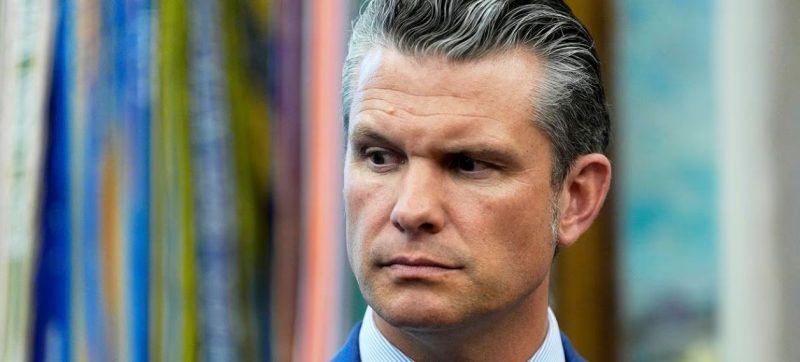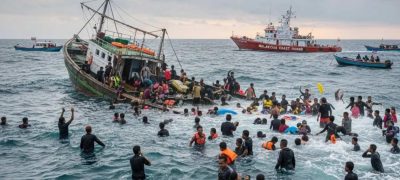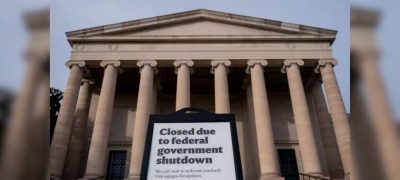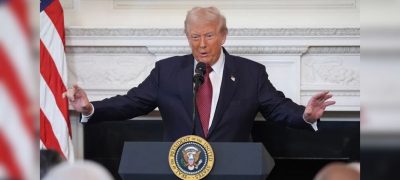Fox News host Pete Hegseth has criticized the U.S. military’s focus on diversity during an unusual gathering of top military leaders. His comments quickly sparked debate about the balance between readiness and social priorities in the armed forces.
The gathering brought together senior officials, commanders, and defense policymakers in a rare high-level meeting. According to reports, Hegseth used the platform to question why diversity and inclusion have become central themes in the military’s agenda.
Egseth denounces diversity initiatives as a distraction from what he sees as the military’s core mission: preparing for combat and ensuring national security. He argued that focusing too heavily on representation risks weakening the fighting force by shifting attention away from discipline, training, and strategy.
Military officials, however, defended the push for diversity, saying it strengthens teamwork, morale, and long-term effectiveness. They stressed that inclusion is essential to attracting skilled recruits and maintaining the trust of a diverse nation.
The debate comes at a time when the U.S. military faces multiple global challenges. Rising tensions in Eastern Europe and the South China Sea have raised concerns about preparedness. Critics argue that the armed forces cannot afford distractions, while supporters say diversity is part of modernizing the institution.
Observers noted that Hegseth’s remarks reflect a broader political divide in the United States. Conservatives often argue that cultural policies undermine the military, while progressives believe they are necessary to reflect American values.
The controversy over military diversity also connects to wider global debates about governance and responsibility. For instance, Canada’s recent move to declare India’s Bishnoi gang a terrorist group shows how governments worldwide are navigating sensitive issues of security and social cohesion. Both discussions highlight how leadership choices shape trust, stability, and long-term resilience.
Despite the criticism, Pentagon officials maintain that readiness and diversity are not mutually exclusive. They argue that promoting equal opportunity ensures a stronger, more adaptable force capable of handling complex threats.
Hegseth’s comments have reignited discussions on Capitol Hill, with lawmakers divided over whether the military should revise its current policies. Some have called for hearings to reassess priorities, while others back continued investment in inclusion programs.
As global threats grow more complex, the U.S. military faces the challenge of balancing tradition with modernization. Whether Hegseth’s criticisms gain traction or not, the debate over diversity in the armed forces is likely to continue shaping American defense policy in the years ahead.







